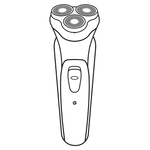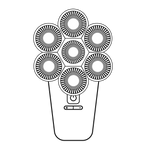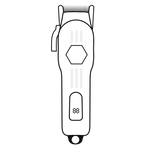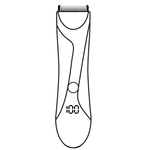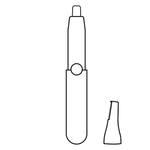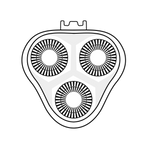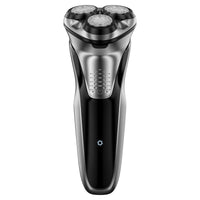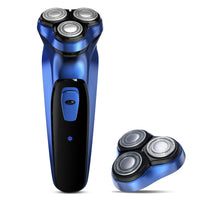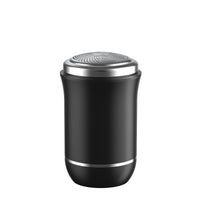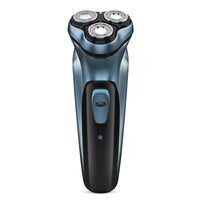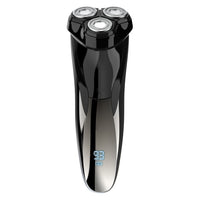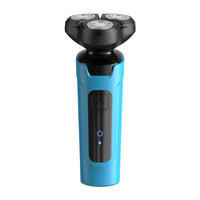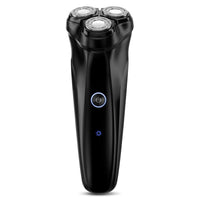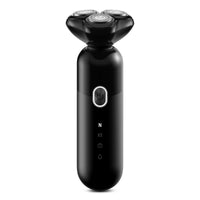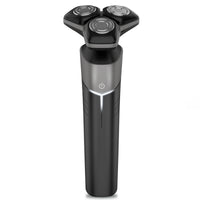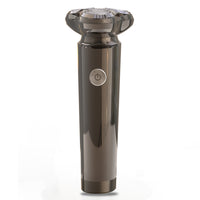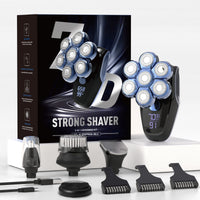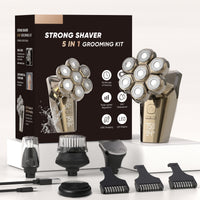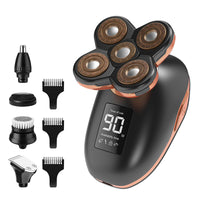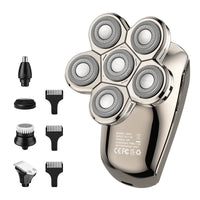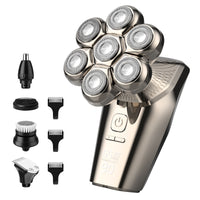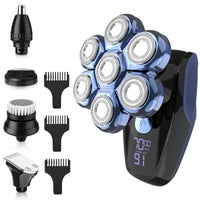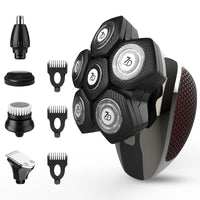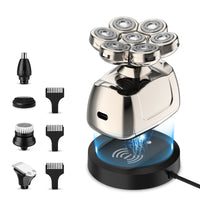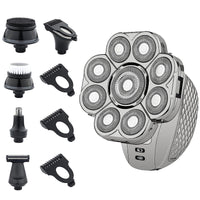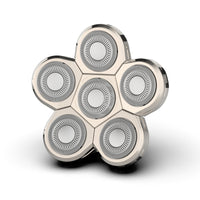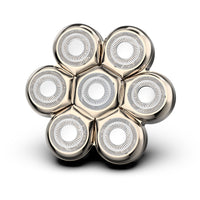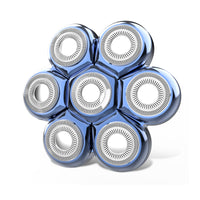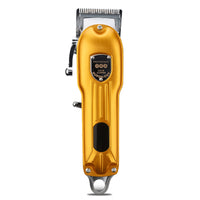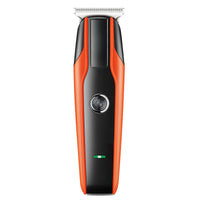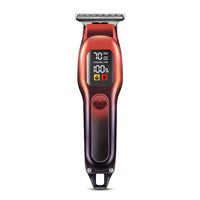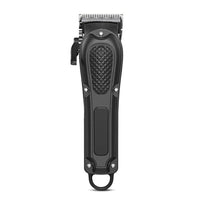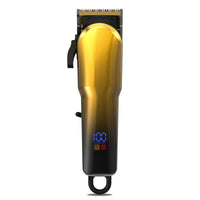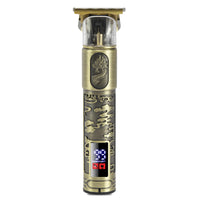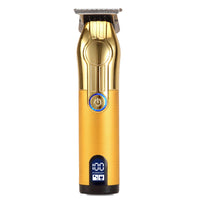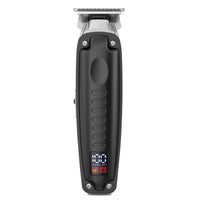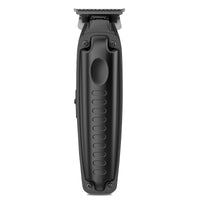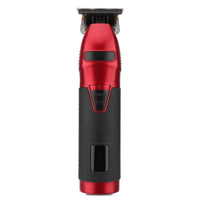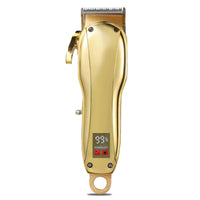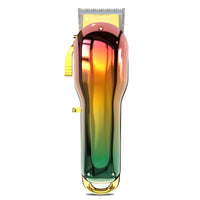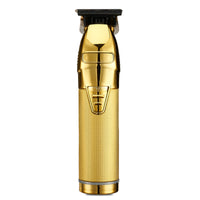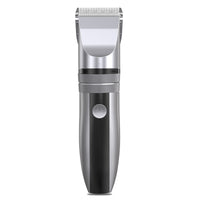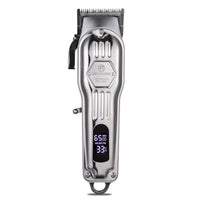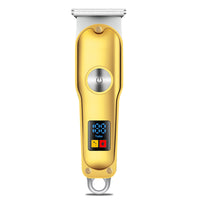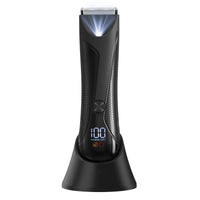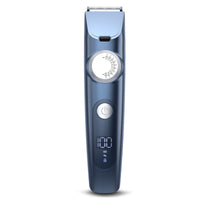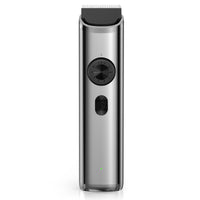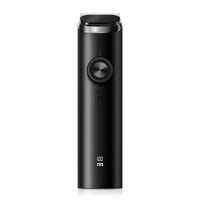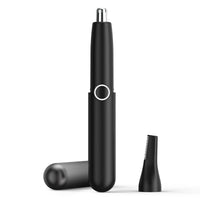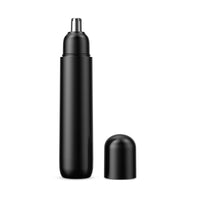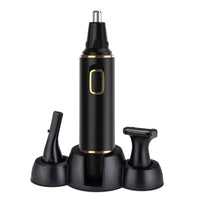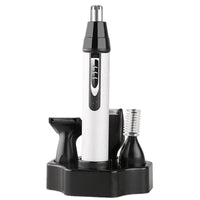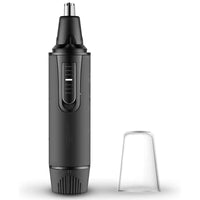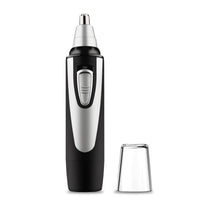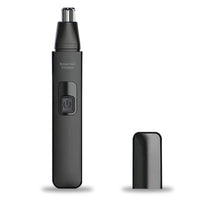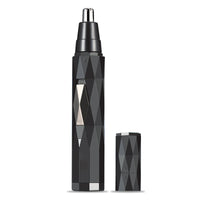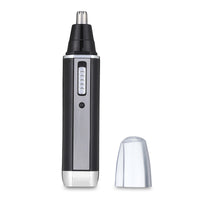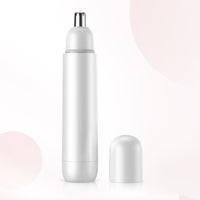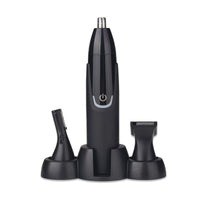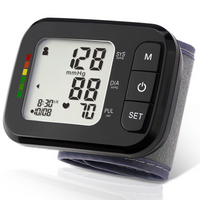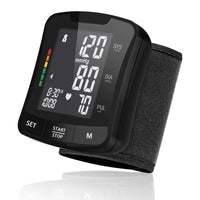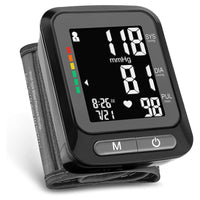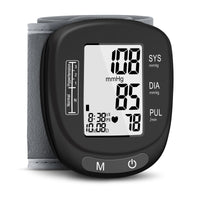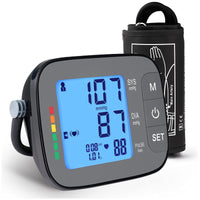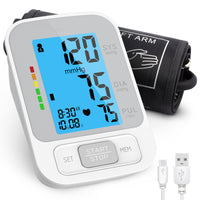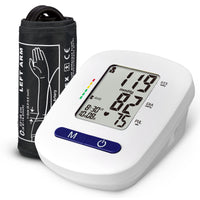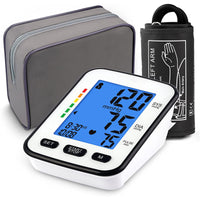- Subtotal:

Proper oral health starts with your daily hygiene habits at home. When you brush your teeth, you’re able to remove plaque, bacteria and odor-causing germs that can lead to problems with tooth decay and gingivitis. There are two different types of toothbrushes available on the market: manual and electric. Which is Better?
The Benefits of using an electric toothbrush
More effective at removing plaque in hard-to reach areas
A review of studies showed that, in general, electric toothbrushes do remove more plaque and decrease gingivitis (gum disease) than manual toothbrushes over time compared with a regular manual toothbrush. If you use a small headed electric toothbrush, the round, oscillating head, can make reaching these awkward areas easier, particularly areas at the back of your mouth. Electric toothbrushes where the bristles vibrate allows for more micro-movements every time you move your toothbrush across your teeth.
Easier for people with limilted mobility
An electric toothbrush does most of the work. It may be helpful for children who should be supervised when tooth-brushing until at least the age of 9), as well as anyone with limited mobility, such as people with:
- Parkinson’s
- Carpal Tunnel
- Arthritis
- Stroke sufferers
- Developmental disabilities
Brush your teeth with the built-in timer for at least 2 minutes
Well, most electric toothbrushes come with a built-in timer, which makes the user aware of how long they’ve been brushing their teeth for, unlike manual brushes. This can be particularly useful where children are concerned, however, using an egg timer or playing a 2-minute-long song while brushing, is always an alternative option, but it isn’t always convenient – especially with a tired and ratty child…or parent!
Environmental Protection
When it’s time for a new toothbrush, you only have to replace an electric toothbrush head in many cases, so it may be less wasteful than throwing away a full manual toothbrush.
Improve your focus while brushing
At least one study found that people were more focused when brushing their teeth using an electric toothbrush. This improved people’s overall experience brushing and could potentially improve how well you clean your teeth.
Better for Orthodontic Patients
Whether you wear metal braces or clear aligners, it’s crucial that you keep your teeth clean by using a high-quality toothbrush. It is also just as important to floss between your teeth to dislodge bacteria and food particles.
Fun for kids
Not all kids are interested in brushing their teeth. If an electric toothbrush is more engaging to your child, it can help accomplish good oral cleaning and set healthy habits.
Gentle on gums
Used properly, an electric toothbrush should not hurt your gums or enamel but instead promote overall oral health. Many people are guilty of brushing too hard, which can, over time, cause irreversible damage to tooth enamel and can cause receding gums, which is also irreversible. Some electric toothbrushes have a sensor, which then emits a coloured light when too much pressure is being applied, notifying the user to brush more gently.
The Benefits of using a Manual toothbrush
Reduced Costs
Manual brushes are obviously cheaper than electric brushes, whilst electric toothbrushes have become more affordable over the years, a good electric toothbrush will still cost just under $30 and the replacement heads can be expensive.
Manual toothbrush still cleans well
A regular manual toothbrush will still clean as well as an electric one. according to dental experts, how you brush is more important than what you brush with. To get the best clean from your electric or regular toothbrush you need to clean thoroughly and systematically working across the inside and outside of all your teeth.
Gum care
When using a manual toothbrush a user can consciously make the effort to brush gently, or, they try using their less dominant hand to hold the toothbrush; which usually results in less pressure being applied, to prevent irreversible damage to tooth enamel and receding gums.

